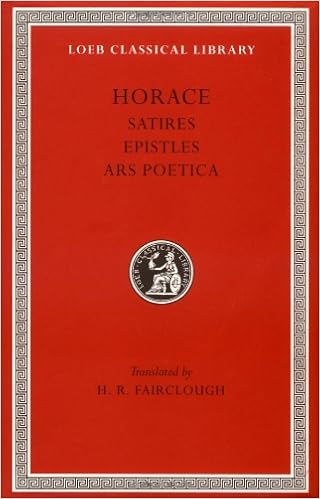


Because of my current interests and commitments, I am actually reading less poetry than I have in the past. Reading poetry has been a central preoccupation of my adult life. Heartbreak finds her, and she finds her way to a writing life. Sutcliff’s portrait of her intense relationship with her mother is one of the best I’ve read, and the village communities of her childhood are brilliantly evoked. Her account of growing up as an only child with chronic illness and disability is both sharp and glowing. To walk towards danger, to strike on something that might just open its mouth and roar and tip the writer over the edge was part of the adventure of language.Īnother writer’s memoir that is much less well known is Blue Remembered Hills by Rosemary Sutcliff, the author of classics of historical fiction for children (including The Eagle of the Ninth).

Utterly captivating is this voyage on the inland sea of her mind:

Levy writes well about many things, including the closeness and strangeness of friendship, the commitments of motherhood (including the commitment to let go), the practicalities of being a writer, and most of all, what it is to be awake to life. These objects, as they appear and reappear, create a syncopated rhythm that feels so true to the way we pass through time. It’s the basics: food, shelter, clothing, transportation. In the two subsequent volumes, she uses totems of the everyday to represent the new phase of her life that begins after the end of her long marriage: a shed for writing, a heater for the shed, an electric bike to get around, a green pair of shoes for walking in Paris. In the first volume, Levy makes highly effective use of narrative shear: a simple question from a stranger causes the floor of the present to buckle and give way to the past. How could I never have heard of this writer! Thank you to Rebecca Hussey, for sending her my way. Deborah Levy’s Autobiographical Trilogy truly knocked my socks off. Many if not most of these books came from recommendations provided by Learned Book Folks (LBFs) on Twitter, and I am so grateful. What follows are just a few examples of writings that I felt were exceptional on this score. The books that resonated most deeply for me often had a commitment to the thing-ness of things, to quiddity, to description. My DMs are open and my email is Thanks in advance.īecause I am starting work on a climate-related place writing project, I have devoted much attention over the past year to treatments of the non-human, across my reading. I am concerned that there are not enough voices from outside the Anglosphere and outside the OECD countries getting heard. I would be very grateful for any suggestions that EMJ readers might have for nature, place, and climate writing (does not have to be in book form) from underrepresented geographies, marginalized communities, and Indigenous writers.
#ARS POETICA RITA DOVE FULL#
This is an indispensable guide for the general reader to the way that the climate and biodiversity interrelate, and it’s also full of delight and discovery.Ī quick request, if I may. He also has practical suggestions for individuals and for industry and government. The author, a leading entomologist, explains carefully and without histrionics why bugs are vitally important to all life on earth, and what we do know and don’t yet know about the extent and causes of insect population declines. I did write about Lopez’s Horizon here.įrom the standpoint of environmental news you can use, I would press into your hands Silent Earth: Averting the Insect Apocalypse by Dave Goulson. I ardently recommend it for the magisterial precision of his writing, for the prophetic nature of his insights, and for the great fighting heart that you can feel beating within the rather strict container of his style and tone. įrom the standpoint of literary merit and depth of meaning, my favorite book on the Anthropocene, which I haven’t yet written about for the newsletter, is Arctic Dreams by Barry Lopez. “ How frugal is the Chariot/ that bears a Human soul.” Thank you, Dorian for a chance to reflect here on my reading as a whole in 2021. I guess you could say that the fate of the earth and all that dwell within its embrace is my subject, but that books written by humans are my vehicle. I write about books that I believe have something special to say about the troubled role of humans in the non-human world. Richard Diebenkorn, Ocean from a Window, 1959Īlmost a year ago, I started a weekly newsletter called Frugal Chariot.


 0 kommentar(er)
0 kommentar(er)
